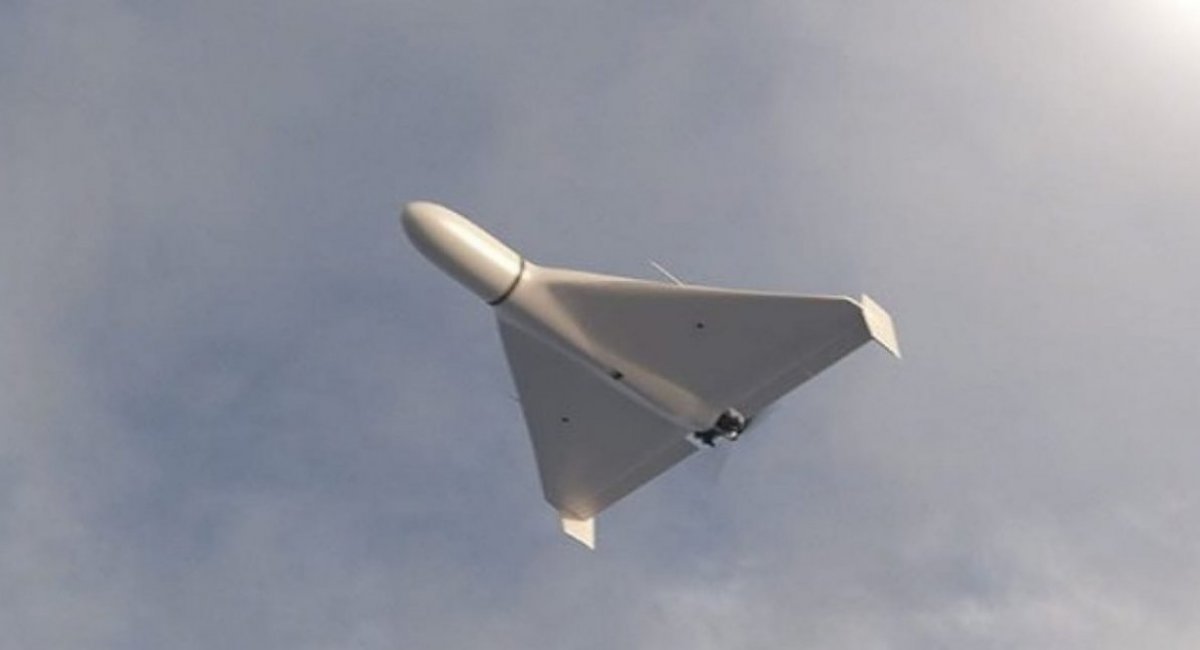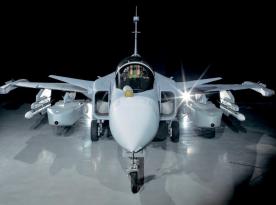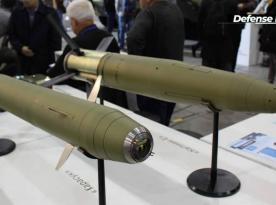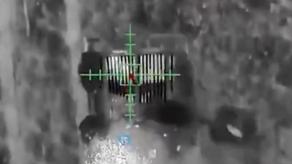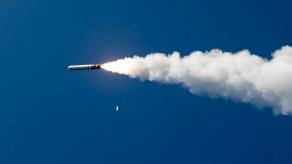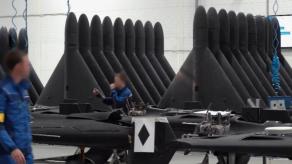In recent escalations, russia has deployed strike drones armed with thermobaric warheads against Ukrainian territory, according to an exclusive report from experts at the Explosives Research Laboratory of the Kyiv Scientific Research Institute of Forensic Science (KNDISE). The KNDISE specialists examined the attack sites from October 26-29, 2024, gathering evidence and handing over parts of the weaponry used for further investigation by authorities.
Among the remnants found, analysts identified parts of the Shahed-136 drone equipped with thermobaric explosives. The drone contained components such as Chinese-made engine control boards, russian Kometa units, and other essential elements. Experts noted that the Kometa device, a rare example of russian technology, is increasingly found in russian munitions, including missiles like the Kh-69 and Iskander-M, as well as reconnaissance drones. However, the production of these components relies on foreign microelectronics, underscoring russia’s dependency on external sources for advanced tech.
Read more: russians Want to Launch Shaheds Cheaply: Using Pneumatics Instead of Rocket Boosters
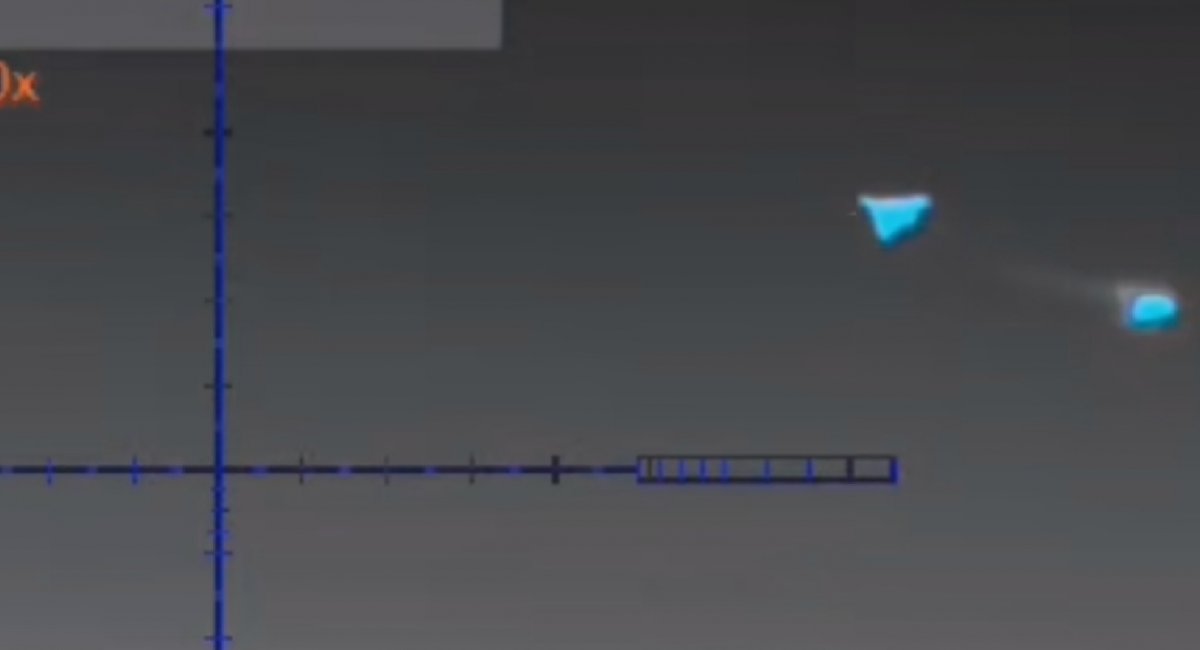
According to the KNDISE, the tactical purpose of the Shahed-136 drone is to inflict terror rather than achieve precise targeting. The drones’ flight paths are pre-programmed, and their primary mission is to cause indiscriminate damage and create fear among Ukrainian civilians. This tactic reflects russia’s overarching goal of destabilizing civilian life and fostering chaos in Ukraine through calculated strikes on infrastructure.
Read more: russia Simplifies Shahed to the Utmost: Drone's Engine Lacks Starter and Flywheel




